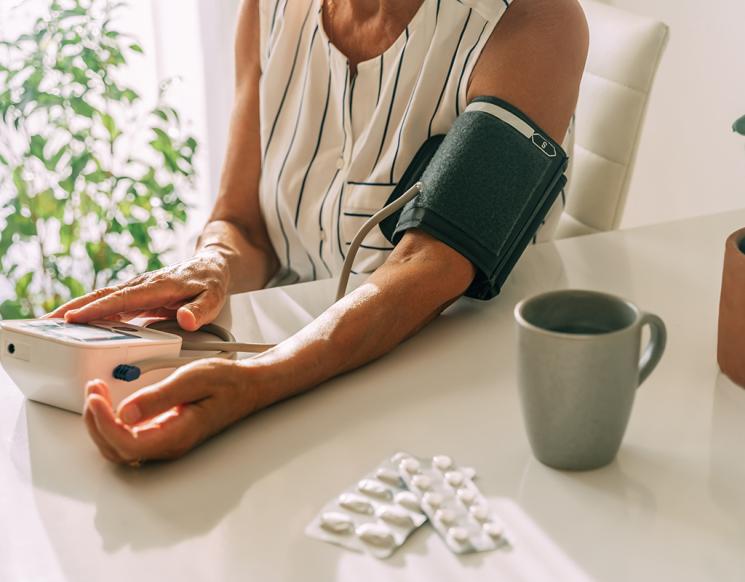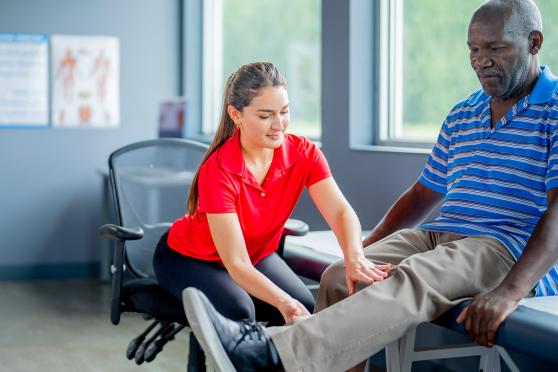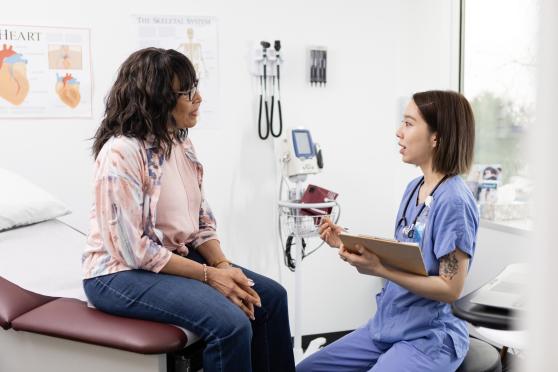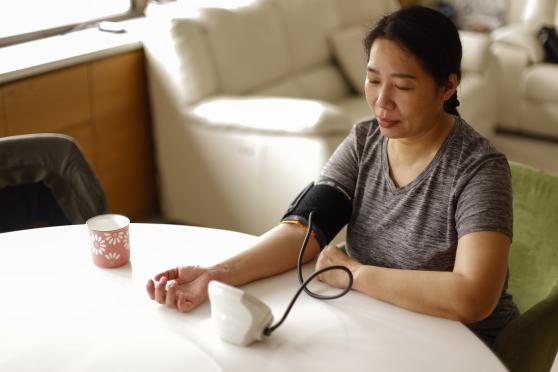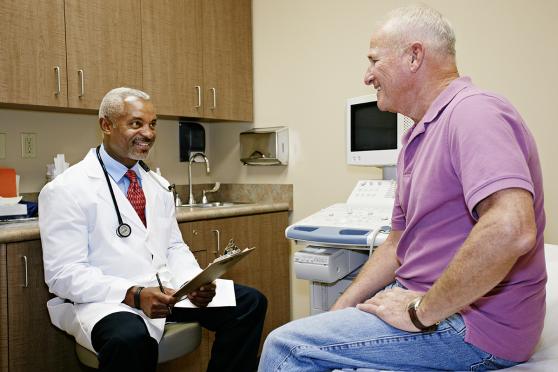Three simple health checks you can do in three minutes
Don’t overlook the most important member of your health care team: you. While it’s important to go for regular medical screenings with your primary care physician (PCP), it’s just as important to monitor your own health at home. These three quick and easy at-home health checks are a great place to start.

Manage your health online in one place
Visit your member site to view your health plan information, benefits, and claims in one easy to access place.

